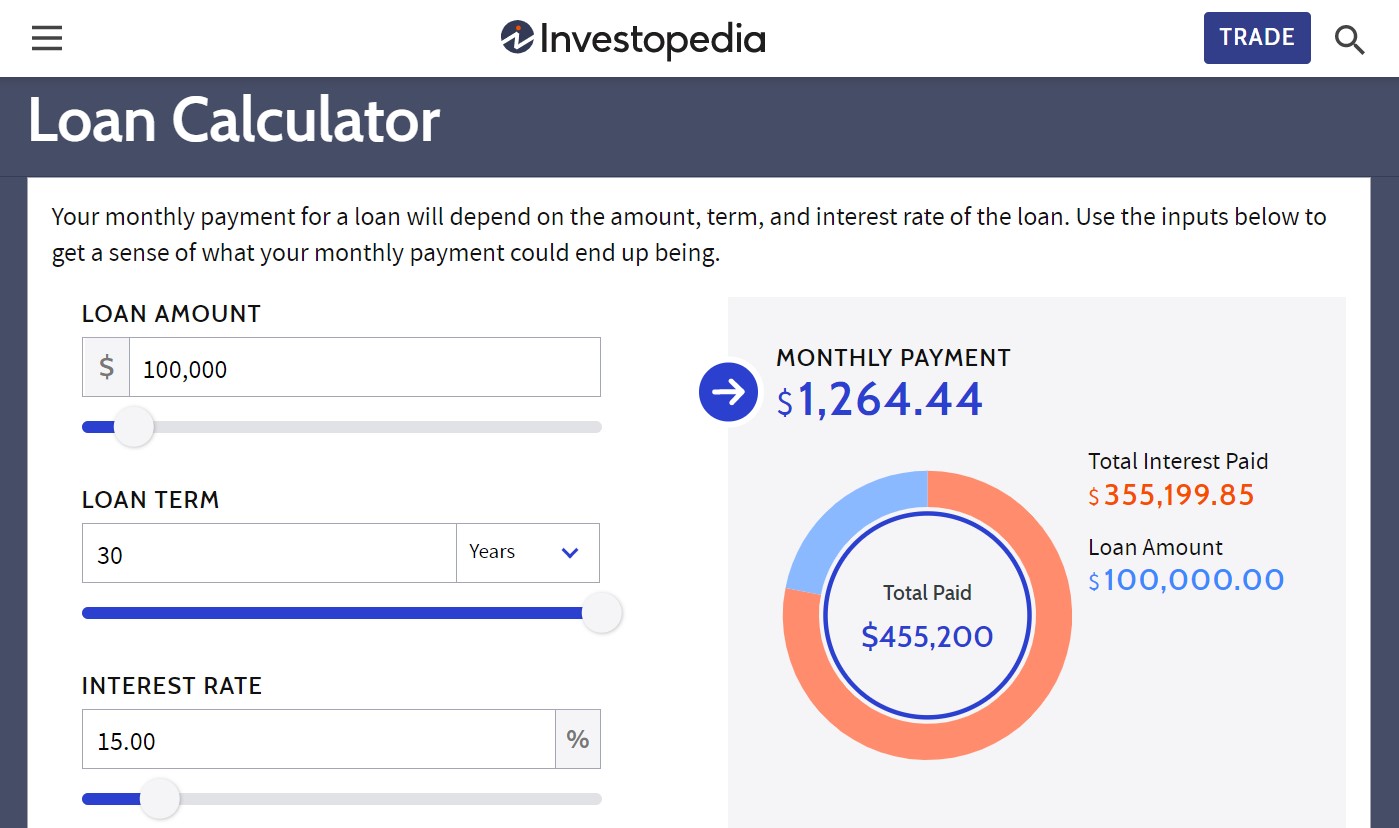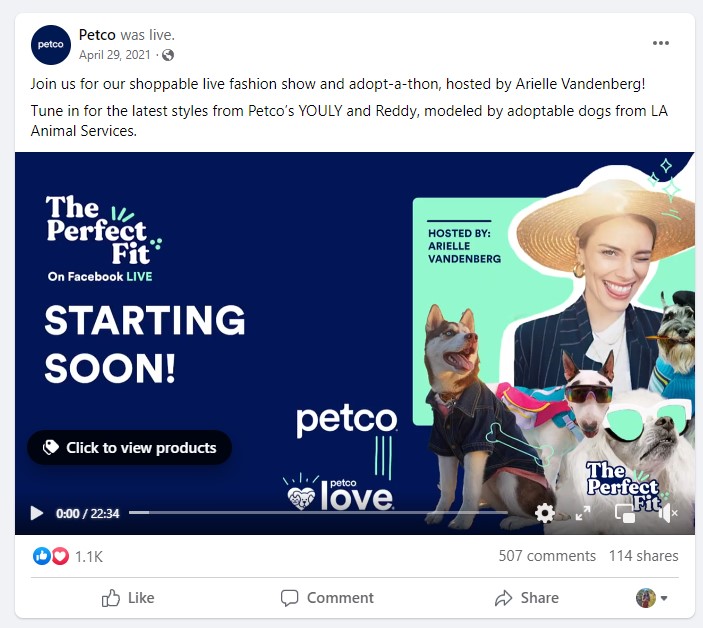Achieving a top position on the search engine results pages is more competitive and challenging than ever before.
To break your way through the clutter of similar content, Google must deem your content the most relevant of the bunch. Gone are the days of haphazard content creation.
To excel in today’s evolving digital landscape, content creators must produce high-quality content that provides value and captures their target audience’s attention.
One effective way to do so is to create innovative content that goes beyond a traditional blog post.
This entails creating digital content that isn’t solely text-based. So what does innovative content look like in practice?
In this post, we’ll explore how to amplify your content marketing efforts by creating a well-rounded mixture of blog content, visual content, and other forms of content that help seamlessly guide the customer journey.
Let’s start by diving into the power of visual content.
The Power Of Visual Content
Gone are the days of text-only content. Innovative content is winning the game.
Consumers crave captivating visuals to accompany text, especially in instances where you’re presenting data-heavy information.
Marketers, too, are noticing the benefits of incorporating visual content into their editorial calendars. In fact, 50.5% of marketers say visual content is very important for their marketing strategy, and 13.1% cite that their marketing strategy is nothing without it.
To stay current with consumer preferences and expectations, businesses in every industry can benefit from incorporating visuals into new and existing content.
Visual content can come in various forms, including:
- Original graphics.
- Videos.
- Presentations.
- Charts and data visualizations.
- Stock photos.
- GIFs and memes.
- Infographics.
- AI-generated images.
Incorporating visual content may seem easier said than done. However, if you don’t have a full-time graphic designer on your team, a plethora of tools are available to you (both free and paid).
For example, Canva is a free online graphic design tool enabling novice and non-designers to create stunning visuals. With easy-to-use templates, Canva allows businesses to adhere to brand guidelines and size designs appropriately for various channels, such as social media or mobile devices.
Overall, incorporating visual content into your content creation process enables your business to effectively communicate your values, boost your brand exposure, increase consumer engagement, increase the content’s shareability, and differentiate yourself from your competitors.
-
 AI-generated image example using Bing Image Creator, June 2023
AI-generated image example using Bing Image Creator, June 2023
Leveraging Podcasts To Promote Brand Awareness
Podcasts are quickly becoming a popular form of content marketing, relying on audio content rather than visuals and text.
The number of active podcast listeners continues to grow drastically. In fact, it’s predicted that there will be around 504.9 million podcast listeners worldwide by the end of 2024.
Furthermore, 28% of the U.S. population listens to podcasts weekly, consuming around 11 episodes on average.
In addition to its growing relevancy, the retention rate for podcasts is impressive too. 51% percent of podcast “super listener” pay more attention to the format’s ads than any other media.
It’s clear podcasting is a growing medium that can’t be ignored and should be incorporated into every content marketing strategy.
To get started with podcasting on your own, consider the types of content you’ll want to cover. For example, you may want to discuss more evergreen content that won’t become quickly outdated.
Or, you may want to promote educational content around your industry, products, or services to build your thought leadership.
To get the most out of your audio content, include your episodes in multiple channels, such as your monthly client newsletter, social media, or other email marketing campaigns.
Integrate Interactive Experiences
Interactive content encourages active engagement rather than passive content. This form of content is great to incorporate in the awareness stage of your content funnel and can provide a memorable introduction to your brand.
For example, say you’re a skincare brand that sells anti-aging products. Potential customers likely have questions about getting the right products for their skin, such as whether your products are vegan or what products are best for mature skin.
To help answer these questions and guide the customer down their purchase path, your site may benefit from adding an informational quiz.
In the quiz, potential customers could answer various questions about their skin that ultimately guide them toward personalized skincare recommendations. This serves as valuable content for the consumer while also giving them the opportunity to interact with your brand.
Aside from quizzes, there are many other interactive content types that may benefit your business. Some examples include:
- Calculators.
- Image sliders.
- Games.
- Polls.
- Interactive infographics.
- Interactive videos.
- Surveys.
-
 Image from Investopedia, June 2023
Image from Investopedia, June 2023
Incorporate User-Generated Content
User-generated content (UGC) is one of the most powerful forms of innovative content to influence purchasing decisions.
UGC serves as free exposure for your business in the form of customer testimonials. These testimonials may be shared in social posts, video content, an online review, and more.
Considering 49% of consumers trust reviews the same amount as a personal recommendation, this form of UGC holds immense weight for consumers when evaluating their options.
Incorporating UGC into different types of content marketing efforts is integral to building social proof and trust in your business. Here are a few ways you can naturally showcase all the positive feedback customers share about your business:
- Include first-party reviews on your homepage.
- Reshare (with the customer’s permission) social media content.
- Include UGC in your email outreach.
- Add product-specific testimonials to your product datasheets.
- Insert testimonials throughout your long-form content where applicable and natural.
- Highlight UGC in a podcast, webinar, or presentation.
Don’t be afraid to ask for feedback. Ask customers to leave you a review right after purchasing from your business while you’re still top of mind.
Hosting a social media contest is another great way to boost engagement, expand your reach, and gain more UGC.
Spread The Word Through Live Streaming
TikTok transformed the way people consume content on social media.
Short-form videos grew in popularity amid the pandemic, catering to consumers’ need for entertainment and shorter attention spans.
This trend has only gained more traction since. TikTok users are so invested in short-form videos that almost 50% of TikTokers find videos longer than a minute “stressful.” And as of July 2022, videos that are under 60 seconds made up 57% of YouTube views, compared to just 11% in 2020.
Short-form content reigns supreme, with 90% of marketers using short-form video planning to increase or maintain their investment next year, and 21% of marketers plan to leverage short-form video for the first time in 2023.
It is no surprise that brands are hopping on board to take part in this newer form of content marketing by creating Reels, videos, and live streaming on social media.
For live streaming, in particular, brands can maximize their exposure in real-time and authentically engage with customers. Brands will typically announce when they are going live in advance to improve attendance rates and participation.
Create a post on social media, leverage paid ads and retarget previous customers, and share with your email list the live data in advance.
Petco, a popular retail pet supplier, hosted a successful live stream campaign called “The Perfect Fit.”
During the event, Petco hosted a pet fashion show to promote the purchase of retail items through Petco’s Facebook shop. The campaign became a massive success, garnering over 304,000 viewers.
-
 Screenshot from Petco, June 2023
Screenshot from Petco, June 2023
Concluding Thoughts
Content innovation drives meaningful customer experiences, helps brands reach a broader audience, and interacts with potential buyers on a personal level.
Expand your content marketing efforts beyond blogs to attract and retain the attention of your potential customers.
The aforementioned content types aren’t a one size fits all for every industry. Some content may resonate more with one industry over another.
Experiment with different types of innovative content to determine what’s most effective for your specific audience. Continuously measure your content marketing efforts to ensure you’re maximizing your return on investment and time.
The future of content marketing will only continue to evolve beyond text and basic visuals.
Keep current with the movement towards engaging, innovative content to drive business success, customer loyalty, and sales.
More resources:
- Increase Website Traffic: 8 Secrets From Popular Blogs
- How To Build Traffic To New Or Struggling Websites
- Content Marketing: The Ultimate Beginner’s Guide to What Works
Featured Image: sutadimages/Shutterstock





![[SEO, PPC & Attribution] Unlocking The Power Of Offline Marketing In A Digital World](https://www.searchenginejournal.com/wp-content/uploads/2025/03/sidebar1x-534.png)